Brett Kavanaugh may have set the stage for upending the NCAA model

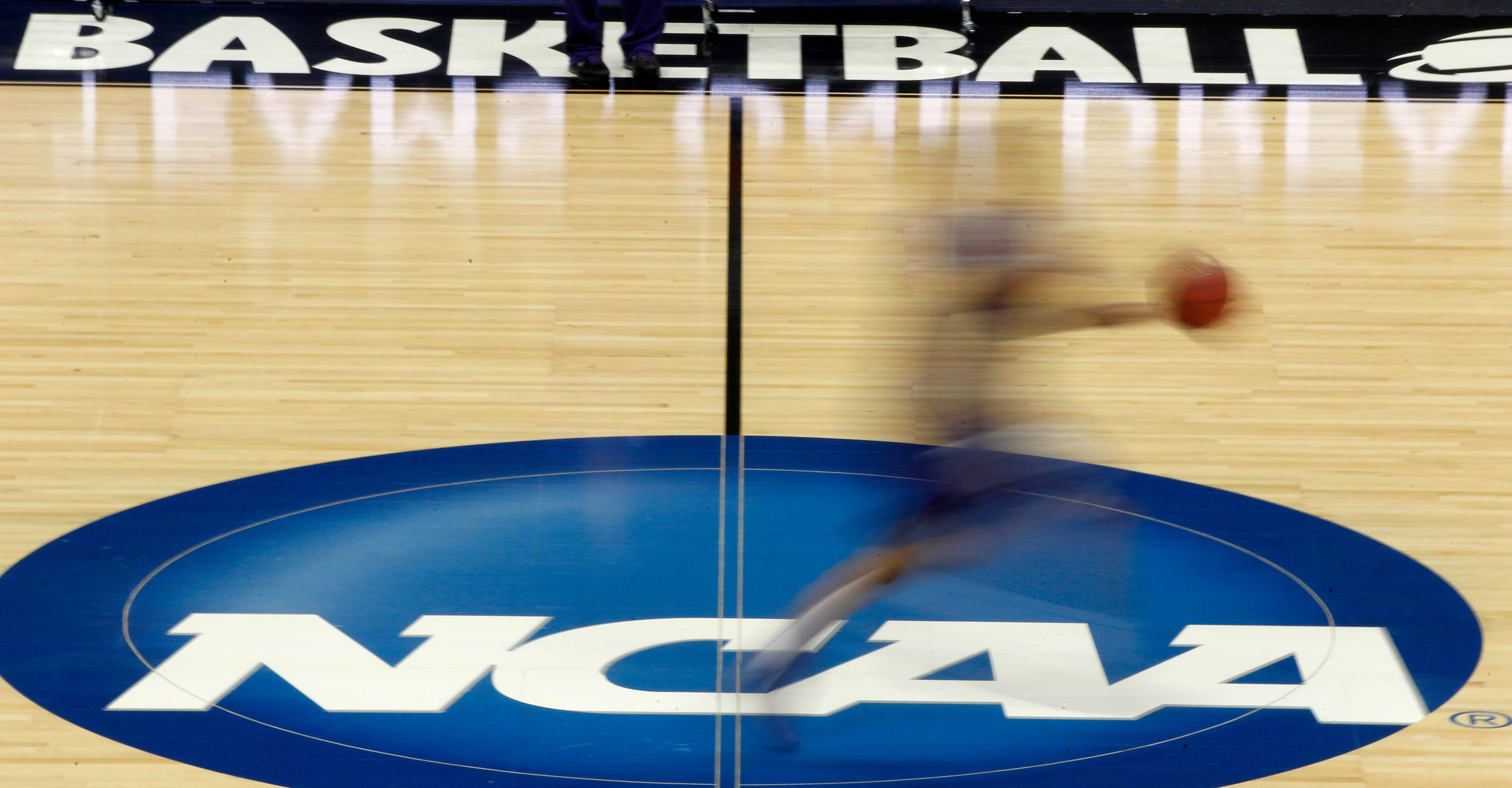
A free daily email with the biggest news stories of the day – and the best features from TheWeek.com
You are now subscribed
Your newsletter sign-up was successful
In an otherwise narrow Supreme Court ruling, Justice Brett Kavanaugh may have the set the stage for upending the way the NCAA does business.
Monday's 9-0 decision in favor of a group of former college athletes suing the NCAA means the organization can't bar colleges and universities from offering Division I basketball and football players education-related benefits that extend beyond school tuition, like money for computers and tutoring, though it can still prevent schools from offering gifts unrelated to academics, like, say, a Lamborghini. The case did not involve determining whether student-athletes can receive salaries.
That said, Kavanaugh's concurrence frees future plaintiffs up to challenge other athlete compensation rules on normal antitrust grounds, writes Sam Bowman, the director of competition at the International Center for Law and Economics. "After today's decision, the NCAA's remaining compensation rules should receive ordinary 'rule of reason' scrutiny under the antitrust laws," Kavanaugh wrote.
The Week
Escape your echo chamber. Get the facts behind the news, plus analysis from multiple perspectives.

Sign up for The Week's Free Newsletters
From our morning news briefing to a weekly Good News Newsletter, get the best of The Week delivered directly to your inbox.
From our morning news briefing to a weekly Good News Newsletter, get the best of The Week delivered directly to your inbox.
Kavanaugh argued the NCAA's "business model would be flatly illegal in almost any other industry in America," noting that "all of the restaurants in a region cannot come together to cut cooks' wages on the theory that 'customers prefer' to eat food from low-paid cooks," referring to the NCAA's stance that it's seeking to preserve college sports' amateur status. Gabe Feldman, a Tulane University professor who specializes in sports law, tweeted that that statement "could upend the NCAA model."
A free daily email with the biggest news stories of the day – and the best features from TheWeek.com
Tim is a staff writer at The Week and has contributed to Bedford and Bowery and The New York Transatlantic. He is a graduate of Occidental College and NYU's journalism school. Tim enjoys writing about baseball, Europe, and extinct megafauna. He lives in New York City.
-
 How the FCC’s ‘equal time’ rule works
How the FCC’s ‘equal time’ rule worksIn the Spotlight The law is at the heart of the Colbert-CBS conflict
-
 What is the endgame in the DHS shutdown?
What is the endgame in the DHS shutdown?Today’s Big Question Democrats want to rein in ICE’s immigration crackdown
-
 ‘Poor time management isn’t just an inconvenience’
‘Poor time management isn’t just an inconvenience’Instant Opinion Opinion, comment and editorials of the day
-
 2 MLB pitchers charged with rigging throws for bets
2 MLB pitchers charged with rigging throws for betsSpeed Read Cleveland Guardians pitchers Emmanuel Clase and Luis Ortiz have been indicted
-
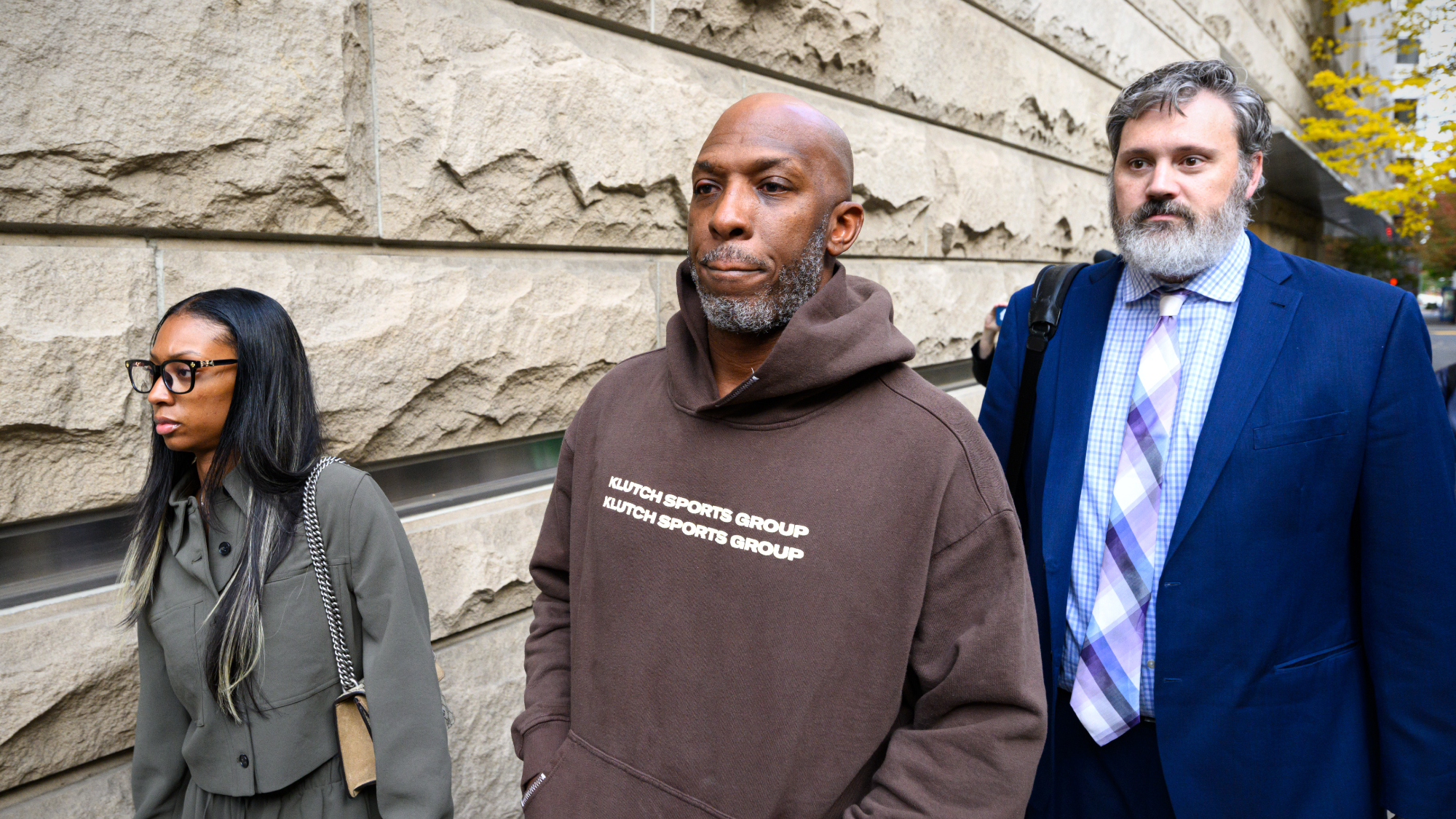 FBI nabs dozens in alleged NBA gambling ring
FBI nabs dozens in alleged NBA gambling ringSpeed Read Portland Trail Blazers head coach Chauncey Billups and Miami Heat guard Terry Rozier are among 34 people indicted in connection with federal gambling investigations
-
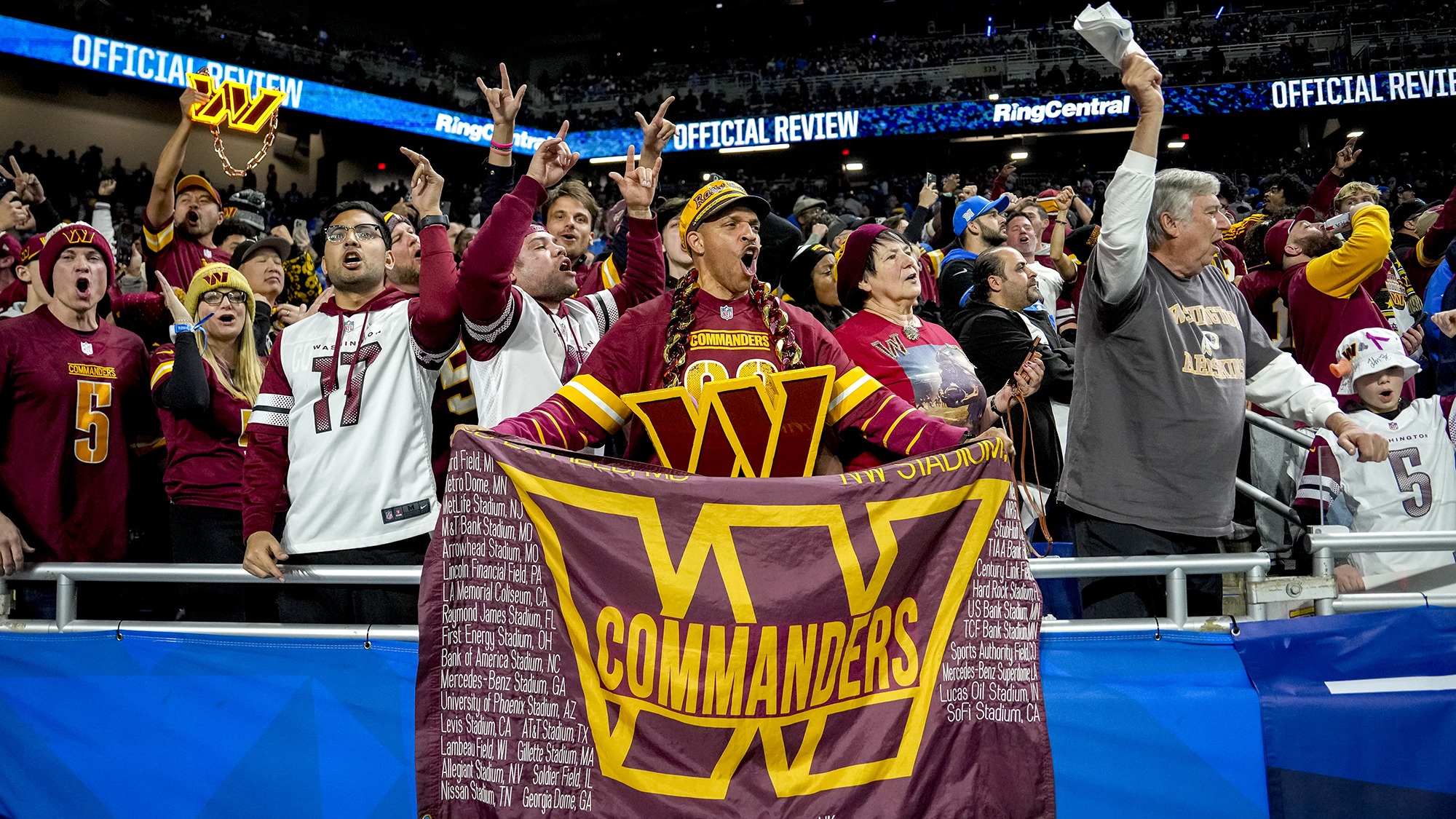 Trump orders NFL team to change name, or else
Trump orders NFL team to change name, or elseSpeed Read The president wants the Washington Commanders to change its name back to the 'Redskins'
-
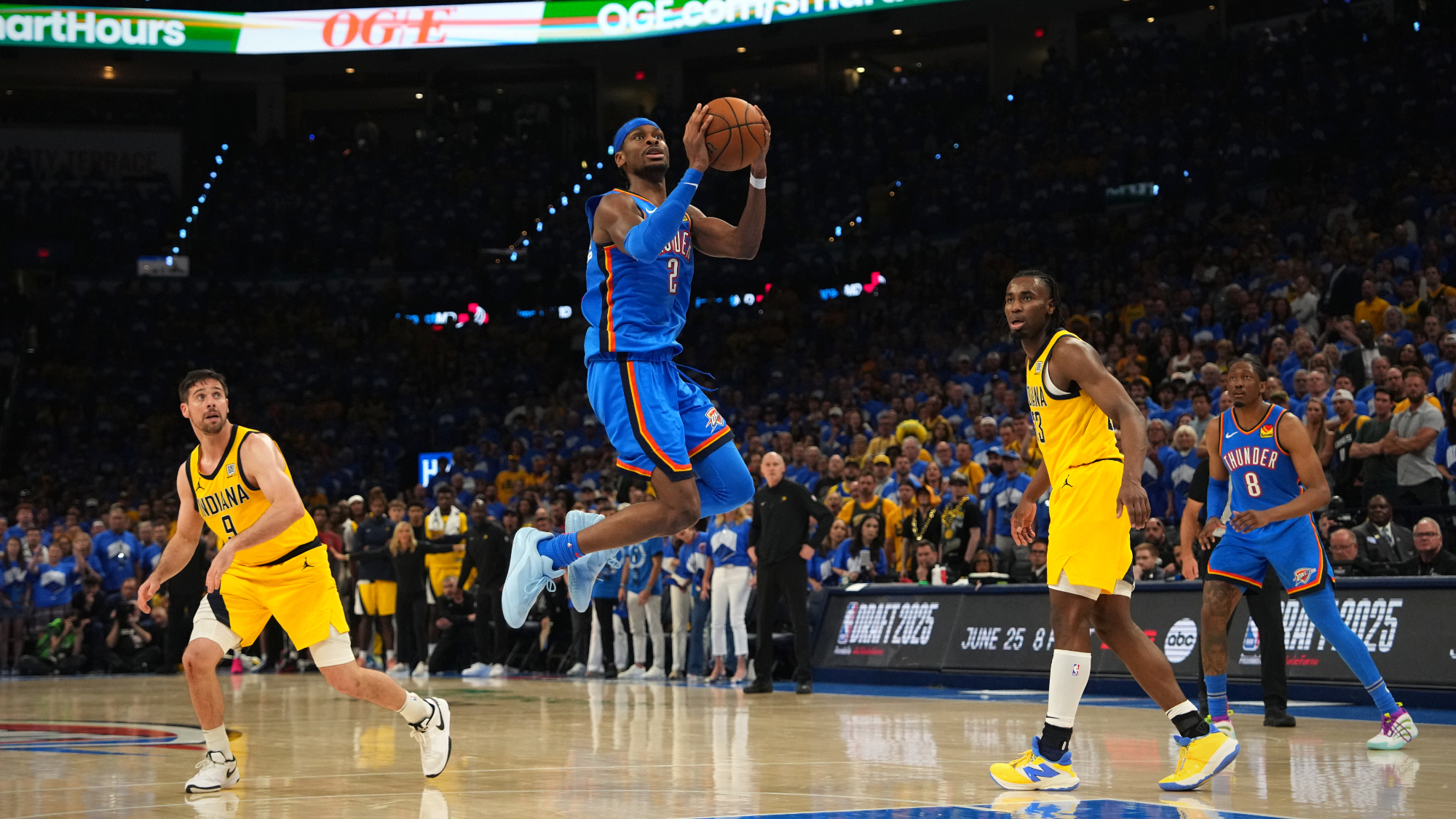 Thunder beat Pacers to clinch NBA Finals
Thunder beat Pacers to clinch NBA FinalsSpeed Read Oklahoma City Thunder beat the Indiana Pacers in Game 7 of the NBA Finals
-
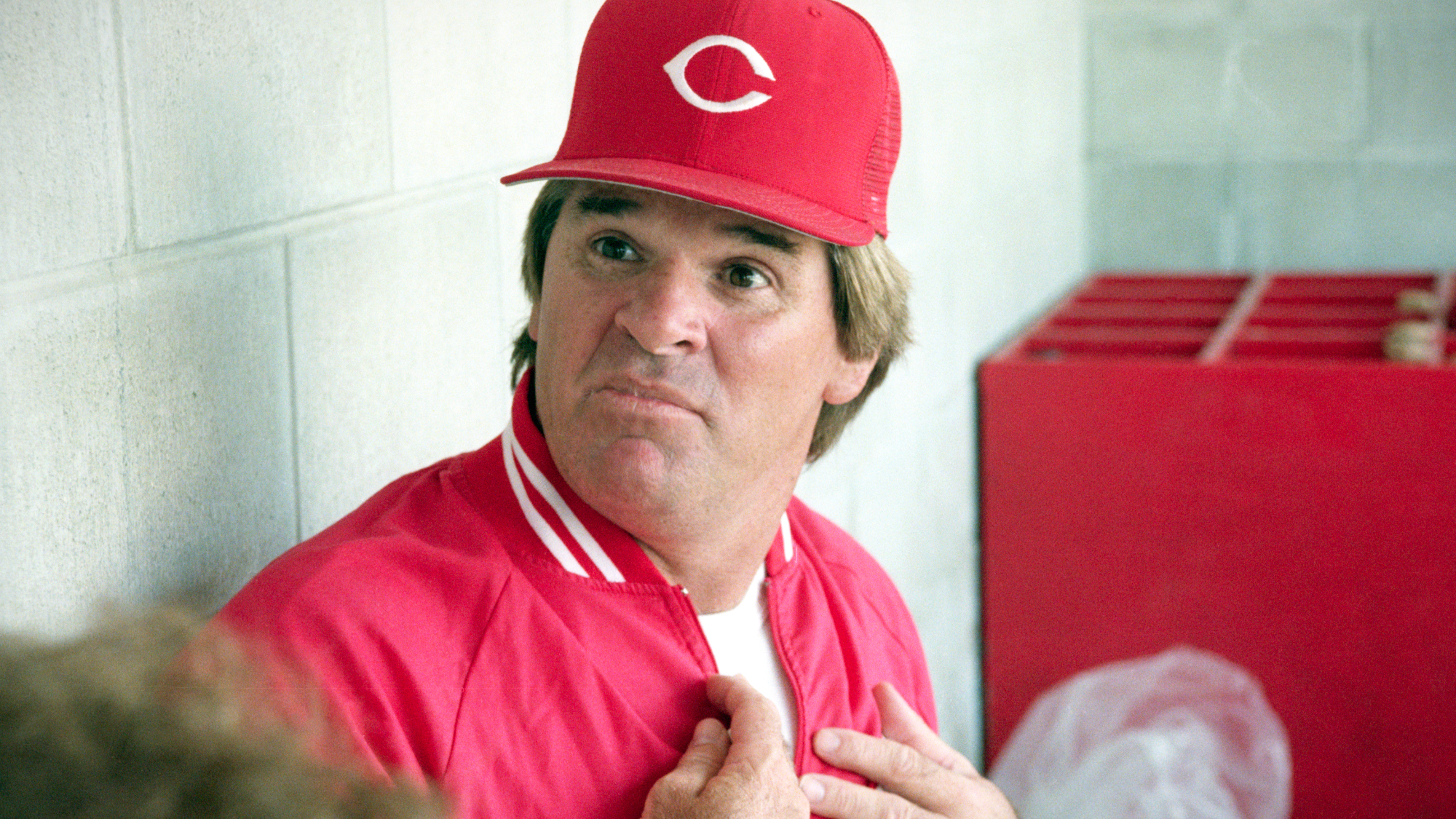 MLB lifts ban on Pete Rose, other dead players
MLB lifts ban on Pete Rose, other dead playersspeed read 16 deceased players banned for gambling and other scandals can now be inducted into the Baseball Hall of Fame
-
 Canada beats US in charged 4 Nations hockey final
Canada beats US in charged 4 Nations hockey finalSpeed Read 'You can't take our country — and you can't take our game,' Prime Minister Justin Trudeau posted after the game
-
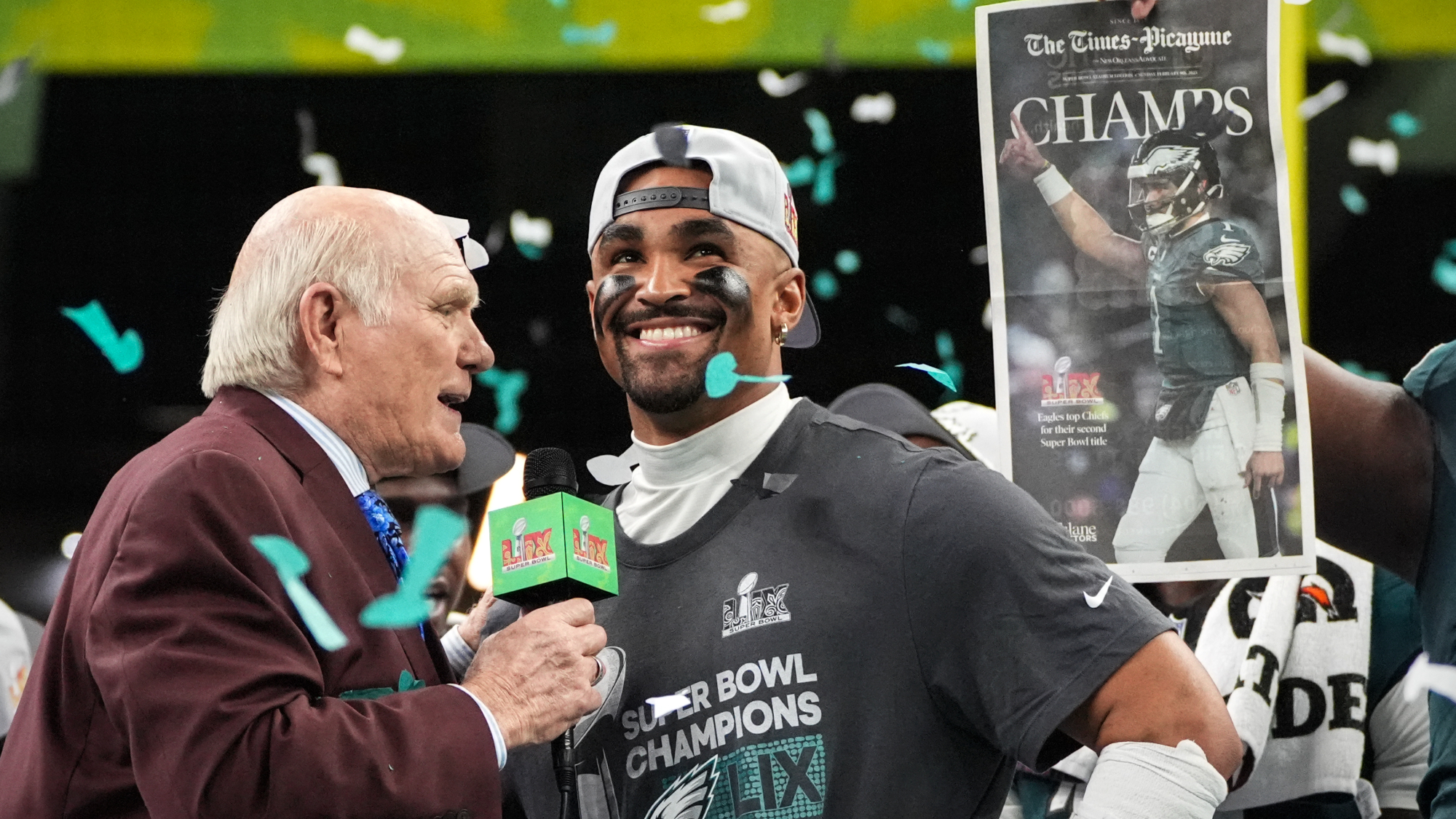 Eagles trounce Chiefs in Super Bowl LIX
Eagles trounce Chiefs in Super Bowl LIXspeed read The Philadelphia Eagles beat the Kansas City Chiefs 40-22
-
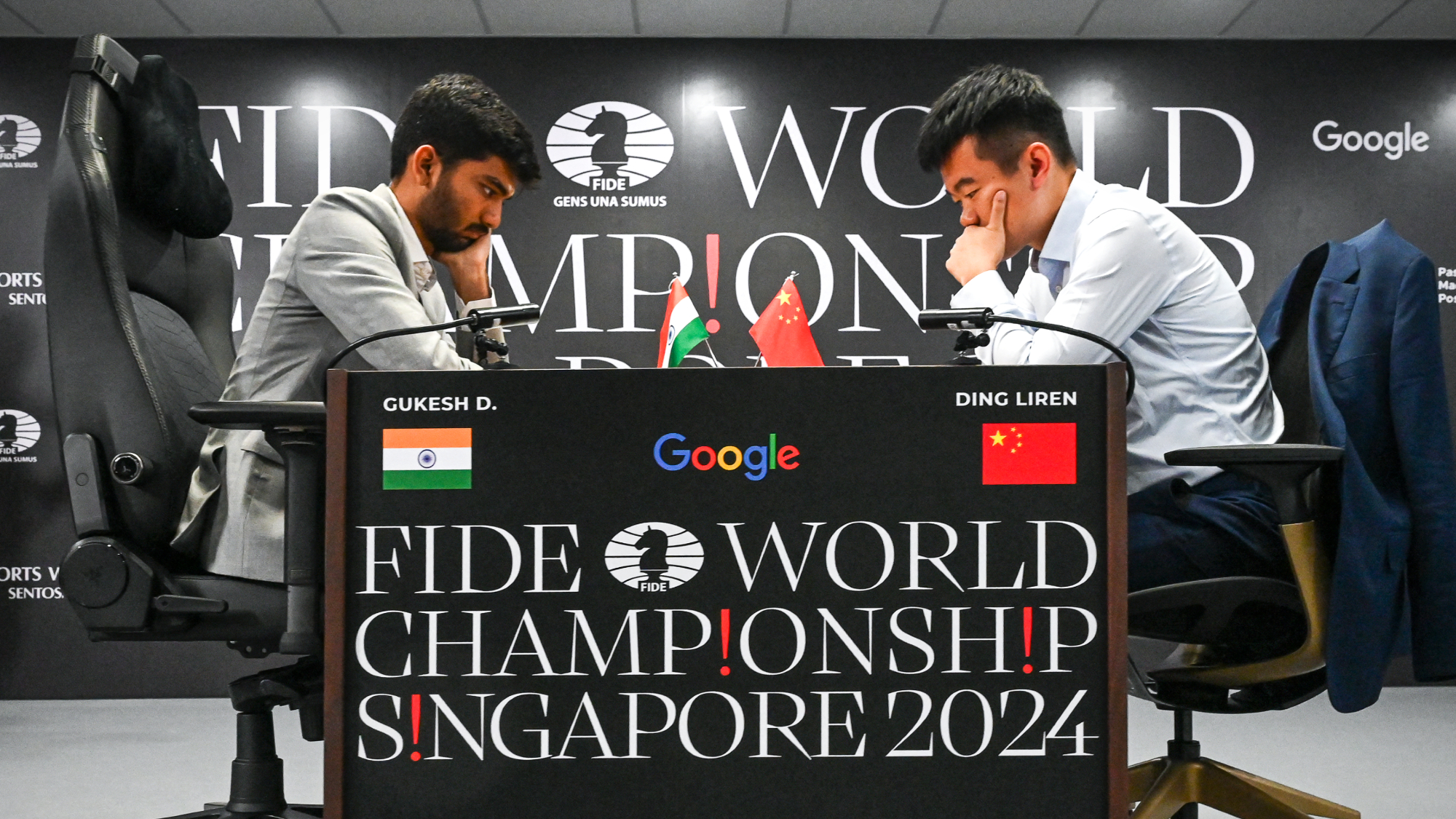 Indian teen is youngest world chess champion
Indian teen is youngest world chess championSpeed Read Gukesh Dommaraju, 18, unseated China's Ding Liren
